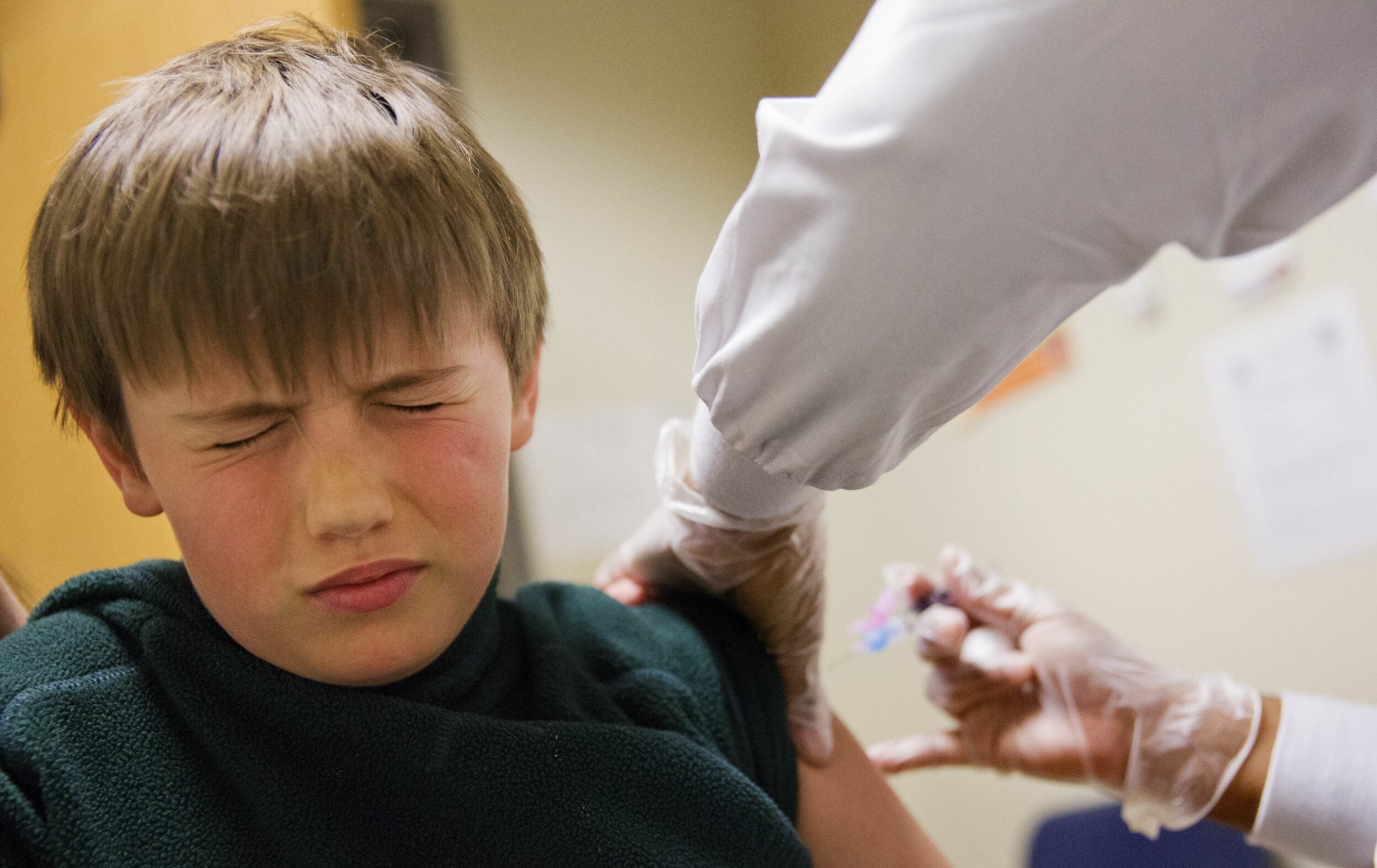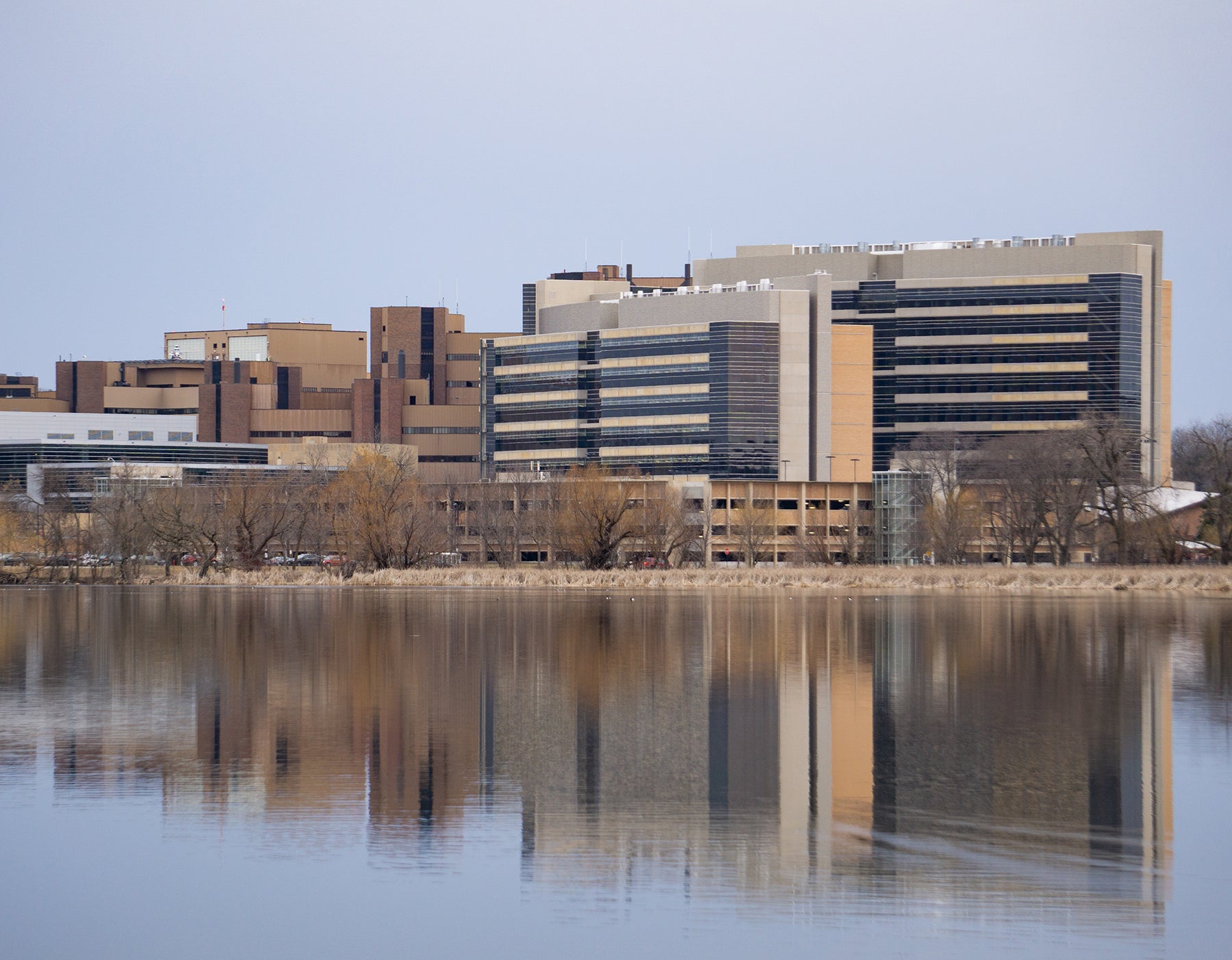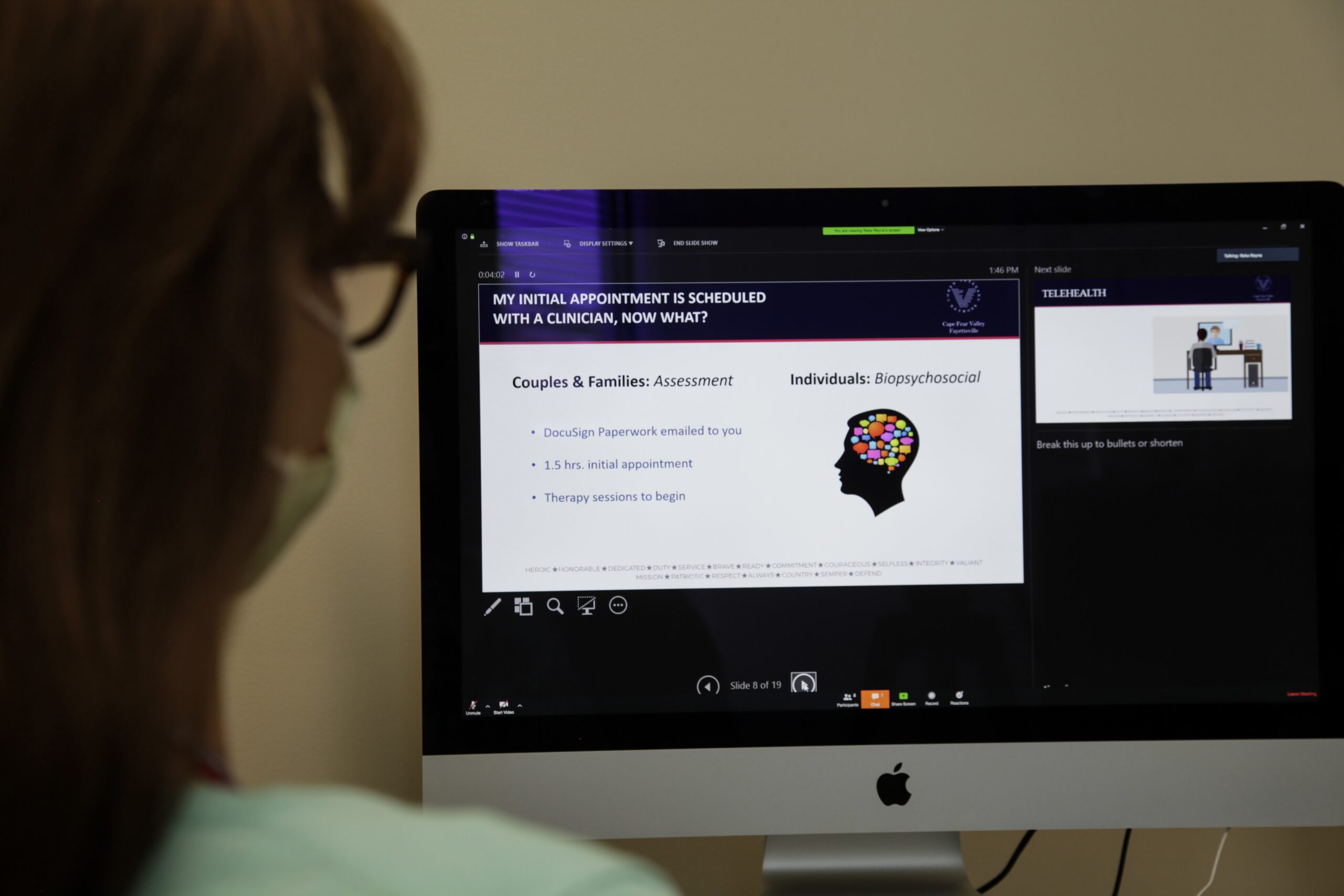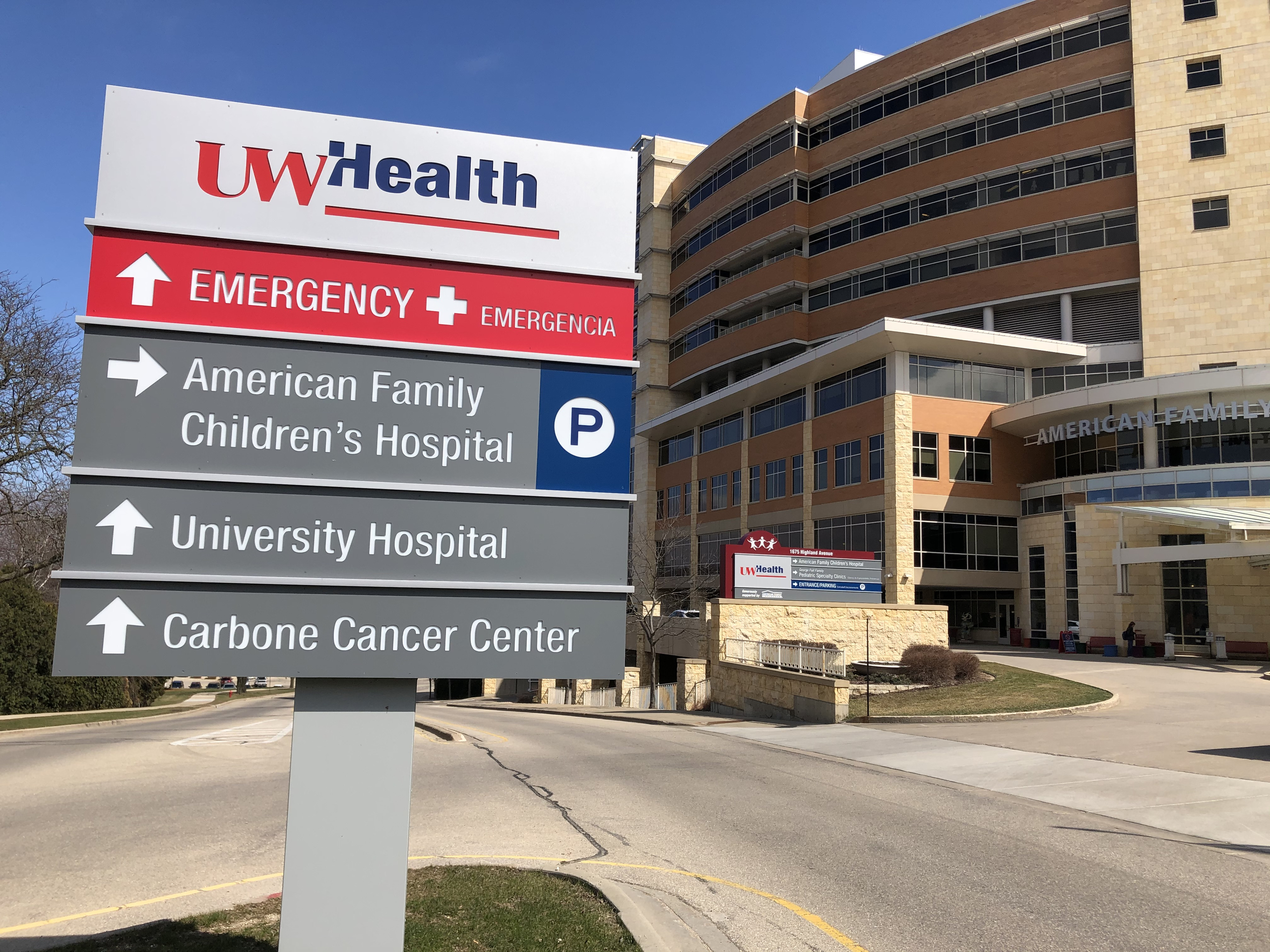Madison hospitals are taking cost-cutting measures to try to recoup lost revenue from canceled surgeries and the added expense of treating COVID-19 patients.
On Tuesday, both UnityPoint Health and UW Health announced executive pay cuts and a temporary halt to construction projects. SSM Health is currently evaluating expenditures to see what non-patient care related costs to cut, delay or reduce.
No layoffs are expected at this time, in the wake of revenue losses estimated to be $350 million-$400 million due to the coronavirus pandemic, a UW Health spokesperson said in an email. Those shortfalls began March 15 and are projected to last through June 30.
Stay informed on the latest news
Sign up for WPR’s email newsletter.
Over the next two months, senior leaders at UW Health will see a pay cut of 20 percent, vice-presidents and physicians 15 percent, and other leaders 10 percent.
UnityPoint Health is implementing furloughs for areas not at capacity and reduced hours for administrative, support, clinical team members and leaders. Executive pay will be reduced on average 15 percent, according to a statement released by the health system.
“The COVID-19 crisis has challenged UnityPoint Health as a care provider and as an employer,” said UnityPoint Health President and CEO Kevin Vermeer in a statement. “While we remain focused on providing the best care possible for our patients, it’s critical we conserve our resources wherever possible. These changes in our workforce are needed to ensure we can continue meeting the healthcare needs of our communities into the future.”
In mid-March, hospitals around the state postponed elective surgeries to make room for COVID-19 patients and to protect surgical patients from the possibility of coronavirus infection. Since then, a UW Health spokesperson said 5,800 surgeries and procedures have been postponed and the number of daily patients reduced by half, from 600 to 300.
The Centers for Medicare & Medicaid Services (CMS) had recommended non-essential surgeries not take place during the pandemic.
“The reality is clear and the stakes are high: we need to preserve personal protective equipment for those on the front lines of this fight,” said CMS Administrator Seema Verma in a March 18 release.
Congress has approved relief money for hospitals under the CARES Act, which was signed by President Donald Trump last month. It included $100 billion for hospitals and other health care providers.
The funding will be used to support health care-related expenses or lost revenue attributable to COVID-19 and to ensure uninsured Americans can get testing and treatment for COVID-19, according to the U.S. Department of Health and Human Services — $30 billion is being distributed immediately.
But there’s concern it won’t be adequate. Some members of Congress want to increase the relief fund for hospitals.
“A lot of providers across the country have gotten some funding but not a lot,” said Lisa Grabert, a visiting research professor of nursing at Marquette University. “And we’re not sure when the federal government will make the next set of payouts from that $100 billion fund. Some policymakers say that’s not enough to support health care providers with the increased costs they’ve had that are associate with the pandemic.”
Costs related to the pandemic include creating negative pressure rooms in hospitals to contain infection; retrofitting areas to accommodate more patients; and the increased cost of acquiring personal protective equipment like gowns and masks for hospital staff, Grabert said.
Additionally, she said some hospitals are seeing increased employee health insurance costs as spouses switch coverage after being laid off.
Wisconsin Public Radio, © Copyright 2025, Board of Regents of the University of Wisconsin System and Wisconsin Educational Communications Board.







